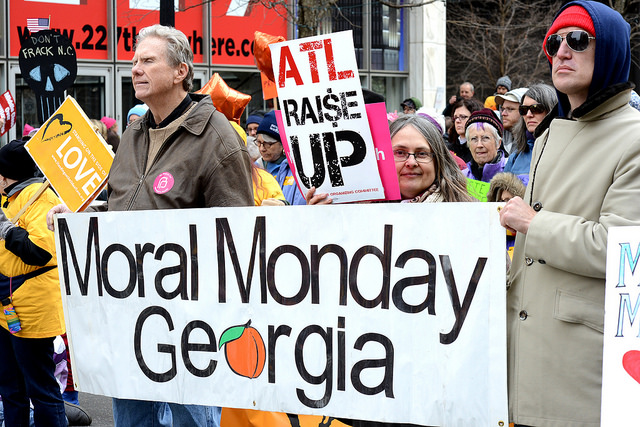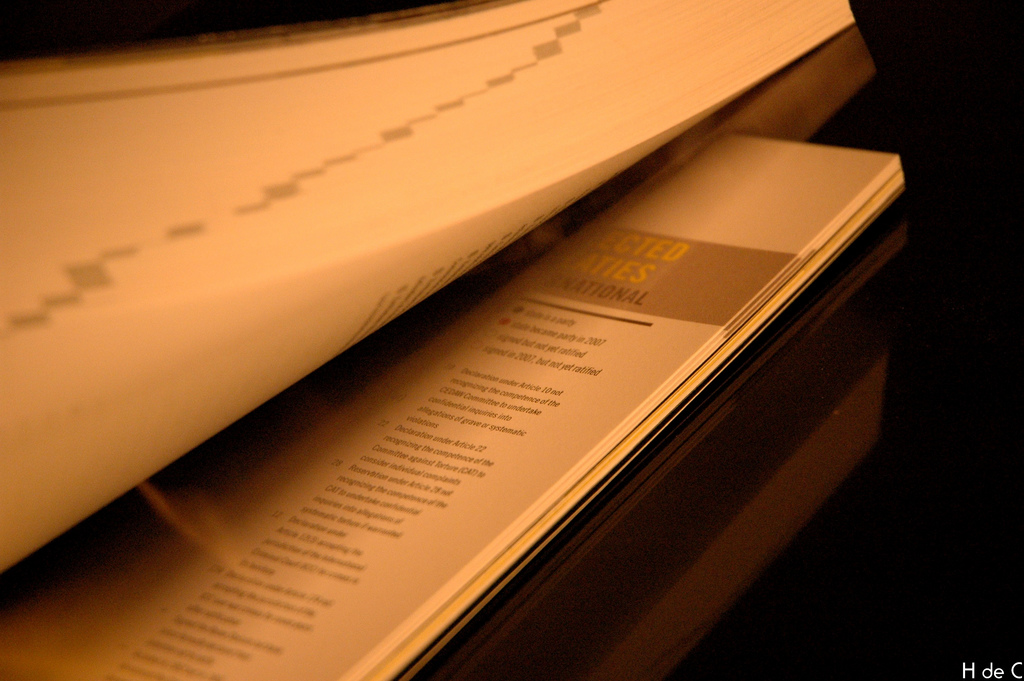In a highly diverse, multi-cultural, post-truth world, John Dornan argues there is even more need to understand the origins of different attitudes and perspectives and that religious education deserves its place in schools.
What makes people good? How do we decide what is right or wrong? How do we, or even can we, agree on standards of morality or ethics?
These and other questions are often assumed to be the province of “religious education”, a term that can provoke various reactions, dependent on personal experience.
As a student teacher, I remember the distinction made between RE “for information or understanding” and RE “for commitment”, the former the (alleged) approach in non-denominational schools in Scotland, and the latter more commonly associated with Roman Catholic (RC) schools. The assumption, even then dubious, was that the Catholic school population were card-carrying, active participants in that faith. For better or worse that has long since ceased to be the case. From numerous conversations over the years, under either disposition, RE was generally unlikely to be a stimulating experience. In the denominational sector which provided my experience as pupil and teacher, there often seemed to be what I would term a mechanistic approach: teach them prayers, rules and rituals and they’ll grow up into good (Catholic) girls and boys.
There was little or no opportunity to explore the bigger questions of human existence, never mind co-existence with other faiths and cultures.
Such sweeping generalisations should always be treated with caution but the honourable and exceptional should never be used as cover for the mediocre and downright appalling. As a pupil, I personally encountered some dire teaching of English and physical education but would never argue for dropping them from the curriculum on that basis.
In fairness, while there have always been tales of dreadful prejudice and bigotry promulgated as doctrine or “truth”, I have had no personal experience of such from colleagues. Accusations of indoctrination always seem to be shared fourth or fifth hand. Maybe Steve Earle got it right:
“Well maybe I’m only dreamin’ and maybe I’m just a fool
But I don’t remember learnin’ how to hate in Sunday school.”
In some cases, there also seemed to be a reluctance or nervousness over addressing controversial issues. One which continues to provoke anger, confrontation and abusive language is the abortion/pro-life/pro-choice issue. I can remember colleagues complaining when high school students wanted to discuss this and they would adopt a defensive attitude on the basis that the church’s stance was clear: “It’s wrong, so what is there to discuss?” No-one seemed to think it worthwhile to explore the how and why of the different standpoints. Which is where I think a development education approach can be useful.
Looking at issues from different perspectives doesn’t preclude eventually “taking a stand”, nor does it mean that all opinions have equal value, but it has to be useful if we can begin to understand why different people will come at things from very different directions. Particularly for those who do begin from a particular faith perspective, there has to be some value in dialogue with others for whom your own principles are alien or at best unclear.
There are other questions where notions of right and wrong seem to get lost in the discussion. Much later in my working life, I was briefly a member of a working group on promoting fair trade issues in schools. When the local authority policy on procurement of goods and services was challenged on grounds of living wage or environmental concerns, an education official defended it as “having to operate in the real world”. I suggested that we should be offering courses in tax evasion too but that didn’t seem to go down well.
Teachers (especially head teachers and principals) are generally wary of tackling controversial issues, often in an attempt to avoid parental complaints or an invitation to tea with the director of education. But are we not doing our students a serious disservice and devaluing our role as educators if the underlying implication is that schools and education don’t deal with the “real world”?

Stephen Melkisethian (February 8, 2015) via Flickr (CC-BY-NC-ND-2.0)
As I began to write this piece a couple of items cropped up in the news about the decline and disappearance of RE from schools in England. As one comment expressed it, if young people miss out on religious education, then they are not “religiously literate”. A teacher of religious education also referred to the views of Jo Cox, the MP murdered by a racist attacker:
“Jo Cox’s maiden speech to parliament could have been an RE lesson: ‘While we celebrate our diversity, what surprises me time and time again…is that we are far more united and have far more in common with each other than things that divide us’. Amen! Surely it should be obvious that a subject that encourages that message should have a cast-iron place on a school’s curriculum.”
Tim Burdon iNews, 18 September 2017
I would want to defend RE and its place in the curriculum for a number of reasons.
In a highly diverse, multi-cultural and generally less believing context, it seems to me that there is even more need to understand the origins of different attitudes and perspectives.
We can be as guilty as anyone of assuming that our experience and situation in the predominantly secularized West is mirrored elsewhere. Yet recent studies suggest that over 80% of the world’s population profess some level of religious belief or affiliation. While accepting that levels of understanding and compliance with religious practice and moral standards will vary within as well as between faiths, how can we begin to understand and open a dialogue with others without even attempting to come to terms with the religious/cultural context and personal experience that has formed us and them?
Religious and moral education offers the opportunity to explore the big questions: Why are we here? How should we treat one another? Is there a God? How does s/he feel about what we’re doing to the planet? Is there life after death?
Quite apart from any consideration of supernatural questions, in a time described as “post-truth” and we are bombarded with fake news, then we need a space where we, young and old, can learn to unpick issues, attitudes and beliefs and assess the validity or otherwise, trying to answer for ourselves that question attributed to Pontius Pilate, “What is truth?”
Assuming that the “other” is wrong leads to prejudice, bigotry, discrimination and persecution, even genocide. A couple of hours a week studying different ways of approaching key questions is surely a better option.
Photo credit: Human Rights by Hugo (December 10, 2008) via Flickr (CC-BY-NC-ND-2.0)

